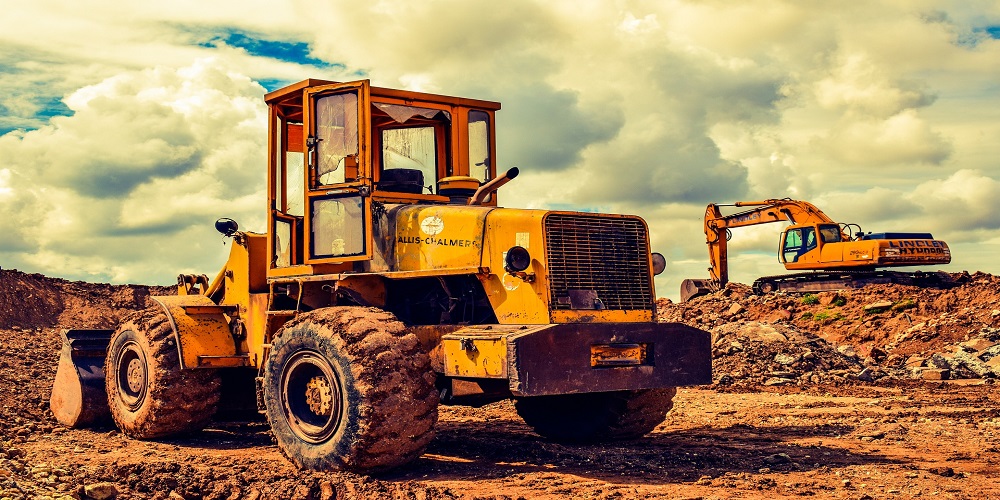The goal of any business for its heavy equipment is to maximize the machine’s value. The equipment is one of the most important things in such businesses. It needs to perform optimally at all times to maintain efficiency and productivity. While using such machinery, there will come a time when you have to decide between a heavy equipment repair or replacement. This blog compares the two services and explains how to determine the right decision if the equipment malfunctions.

Heavy equipment repairs vs. replacement
Replacement means disposing of the old equipment and buying a new or used one. This is the best approach if the machinery is damaged or too old. If the law requires that you change a piece of equipment after a specified period, replacement is the only option.
On the contrary, repairs involve rebuilding, fixing, or maintenance. To rebuild is to change some minor or major components in the machinery. It may also include adjusting the machine’s settings in some cases. The replaced components make the equipment look new after the work is done.
Some parts may not require changing. Fixing and performing some maintenance routines will get the machine working optimally again. This may involve cleaning, replacing engine oils, checking the hydraulics, etc.
4 things to consider before deciding to replace or repair a heavy equipment
When you are faced with an equipment malfunction, the available options are repairs or replacement. But there are 4 basic elements to consider before deciding.
1. The fault
The equipment’s condition is the number one determining factor. Before deciding whether to repair or replace the machinery, you need to thoroughly check its condition. Faults that cause safety concerns should be taken very seriously and indicates the need for a replacement. If the equipment or an essential component is damaged, replacement is the solution. The machine should undergo a thorough examination to determine its fault before deciding. An expert’s opinion is useful too for guidance.
2. The cost
Consider the cost of repairs, rebuilding, and replacement to decide. Conduct an analysis to determine which step is the most cost effective. In some cases where repairs are possible, replacement might be a better solution due to high repair costs. Consider the loss of time/productivity, labor cost, spare parts cost, and other applicable expenses involved in repairs. Compare this with replacement costs to determine the right solution.
3. New technologies
Consider what added benefits a newer model offers. Your current equipment might still be efficient if you repair or rebuild it. But a newer version may offer more functionalities that may increase productivity and efficiency. Therefore, after analysing the cost, you need to find out what you stand to gain or lose on each decision.
4. Regulations
A very important consideration is the laws about certain heavy equipment. There are laws about expiry and when to replace a heavy equipment. It should be among your first considerations when planning repairs or replacement. The warranty details usually contain information about this.
